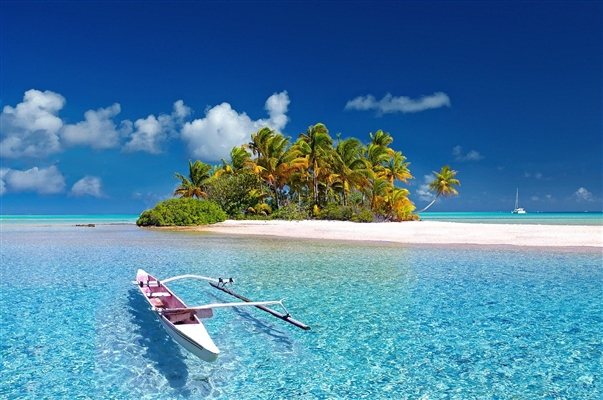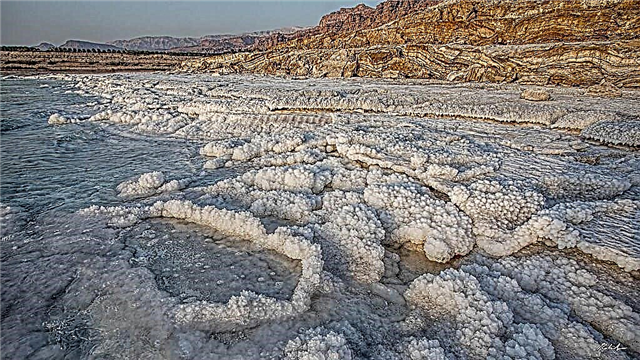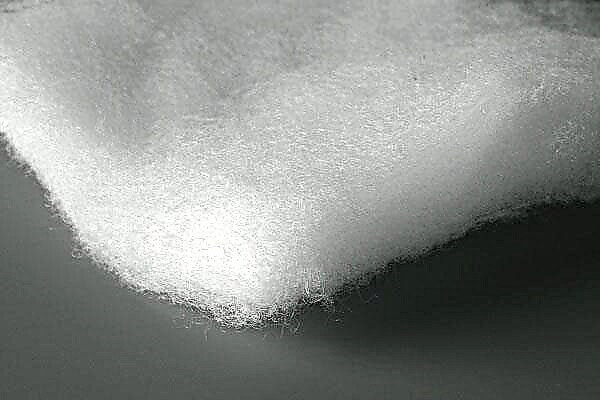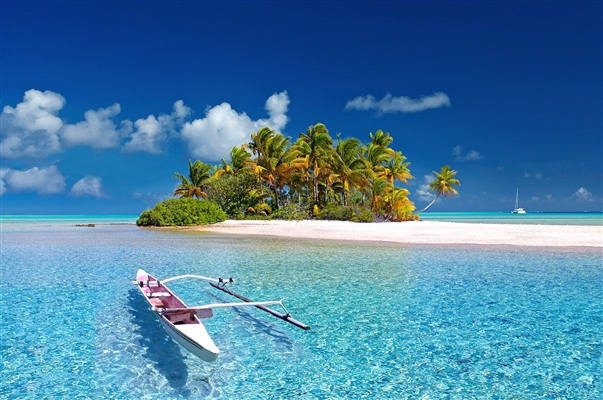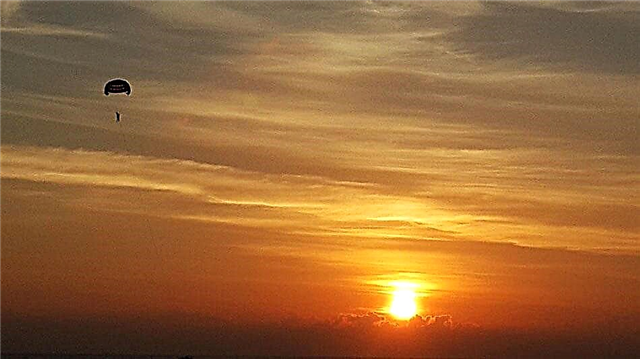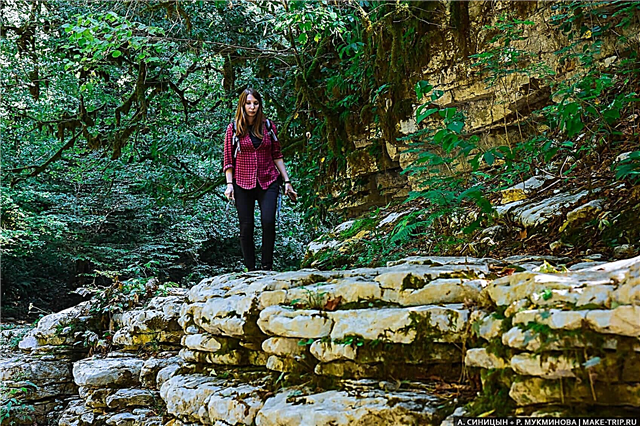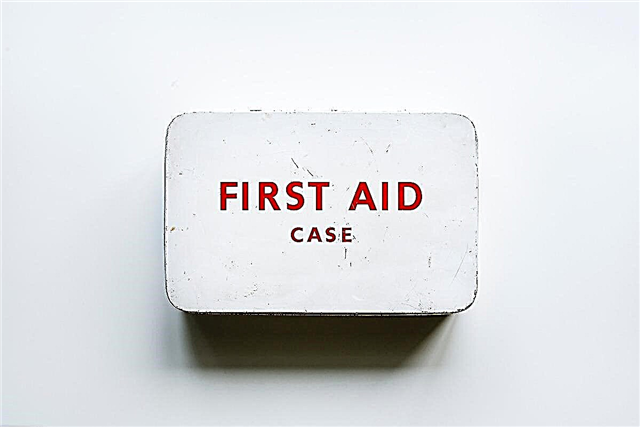Bring a small first aid kit with you on any trip. We have compiled a list of medicines for the trip so that everything is at hand during the trip. We share our experience, give advice, suggest inexpensive analogues. Collect your first aid kit for the road correctly!
We travel a lot and on any trip we always take a set of medicines for all occasions. In this review, we will share with you a list of medicines for travel - it has been tried and tested many times in practice, hard-won and well thought out. Take note, rest and do not get sick!
Advice
Consult your doctor before using this medicine. We are only talking about the contents of our travel medicine box, and not giving professional medical advice.
Before vacation take out insurance: The Sravn.Ru service is convenient for its search for several large insurance companies at once and the ability to choose a policy according to the necessary parameters and the best price.
If you are taking any medications on a daily basis, put them in your personal medicine cabinet first. Do not forget that for potent and psychotropic drugs you need to have a doctor's prescription - if you don't have one, you may simply not be put on the plane.
List of medicines for the trip
This is our universal list of medicines that we take on any trip - even abroad, even in Russia:
- "Neosmectin"
- "Regidron"
- "Mezim"
- "Enterofuril"
- "Nimesulide"
- "Spazmalgon"
- Acetylsalicylic acid
- "Citramon P"
- "Grammidin"
- "Rinostop"
- antihistamines ("Cetrin", "Akriderm GK", "Kromohexal")
- disinfecting (iodine, chlorhexidine, bandage, bactericidal plaster)
- "Dramina"
- "Panthenol"
- "Fenistil"
Now let's talk about them in more detail and recommend analogs.
List of medicines with descriptions and analogues
Remedies for diarrhea, to improve digestion, enzyme preparations
Remedies for diarrhea are the number 1 medicines that every tourist should have in their medicine cabinet. There is even so-called traveler's diarrhea. The risk of its development is higher in tropical and subtropical regions. With it "Smecta" helps well (analogue - "Neosmectin").
To improve digestion, we use Mezim to avoid unpleasant consequences after getting to know the local cuisine.
In case of food poisoning, you need to flush the stomach with a weak solution of potassium permanganate, and then take enterosorbents that remove poisons, toxins and microbes from the body - we take "Neosmectin". Regidron will help with dehydration, but you can make a saline solution yourself. To restore the intestinal microflora, probiotics are needed, for example, Linex.
Do not forget that it is easy to catch rotavirus infection (intestinal flu) while traveling - we were advised at the pharmacy to take the medicine Enterofuril on the road.
Pain relievers
A traveler's first-aid kit should also contain painkillers - you never know what will happen during your vacation? Going abroad, we take the proven Nise or Nimesulide. In principle, any one that you use will do: "Ibuprofen", "Pentalgin" and so on. Antispasmodics will not interfere with spasm of smooth muscles, for example, "Spazmalgon" or "No-shpa".
Antipyretic drugs
Everything is simple here: we take acetylsalicylic acid, paracetamol and Citramon P. Any that you normally use will do. Almost all antipyretic drugs simultaneously have an analgesic effect, some (for example, "Nise") also act as anti-inflammatory.
Cold Symptoms Relief
For a sore throat we take "Grammidin" with an anesthetic, for a cold - "Rinostop". Emser Pastillen pastilles are good for coughing, but I have not seen them on sale in Russia (somehow they returned my voice after a severe cold in Morocco). "Faringosept" or "Neoangin" are quite suitable.

Antibiotics
If you often have a sore throat, bronchitis, sinusitis and other respiratory tract infections, take reliable antibiotics prescribed by your doctor.
Antihistamines (antiallergic) drugs
Even if you do not have allergies, take antihistamines on your trip (especially if you go to exotic countries) - who knows how the body will react to the new environment? Well, if you suffer from allergies, get the medicines you have already tested. We take Tsetrin. Do not forget the allergy cream (I use Akriderm GK) and eye drops (Kromohexal).
Remedies for trauma
Our list of medicines for the trip also includes: iodine, chlorhexidine for washing and disinfecting wounds, bandage, bactericidal plaster.
Remedies for motion sickness
"Dramina" is the most effective drug for "seasickness". This is not a placebo. Of course, everything is individual - Avia-Sea also helps someone.
Tanning and sunburn products
A must for those who are going to spend a lot of time in the sun. It is better to buy funds at home - in resort cities, prices for them will be overstated. I highly recommend "Panthenol" to those who have fair skin and who instantly burn out in the sun - it stimulates skin regeneration and quickly heals burns. I take him on the trip, because he helped with extensive burns on my shoulders, which I received under the scorching Cypriot sun.
For people prone to the formation of age spots, the NEOTONE radiance SPF50 + sunscreen is ideal.
Insect repellents
If you go on vacation to a place where there are a lot of insects, be sure to put anti-mosquito products in the tourist's first aid kit. We take Mosquitall records and fumigator. Cream "Fenistil" on vacation is our salvation: it helps relieve itching and pain after bites. There is an analogue of "Sinaflan". It is not as efficient, but it is cheap.
To protect your lips, use an SPF-labeled hygienic lipstick, such as Nivea or Neutrogena.

Medicines for bee stings and other poisonous insects
On vacation, it is especially important to have such a set of medicines for those who are allergic to insect bites. For allergies, try not to use perfumes - strong smells can attract insects. Eucalyptus, lavender and a number of other essential oils should theoretically repel mosquitoes: sometimes it works, sometimes it doesn't.
Drugs that are needed:
- validol
- antihistamines
- adrenalin
- dexamethasone / prednisolone
- syringe
Attention: First aid tips are collected online and we cannot guarantee their medical accuracy. But we studied this topic for a long time and compiled such a memo.
First aid that needs to be provided when stung by bees, bumblebees, wasps and other insects:
- Attach a plantain to the bite (it sucks out the poison).
- Apply soaked validol to the bite.
- Ice or something other cold should also be applied to the site of the bite in order to slow down blood circulation and the spread of poison throughout the body.
- Drink hot sweet tea or coffee (to increase blood pressure).
- Take two tablets of cetrin, loratadine, or whatever medication you are using for allergies. With severe allergies or multiple bites, you need to call an ambulance or get to the hospital yourself.
- In case of shock, 0.5 ml of adrenaline must be injected intravenously or intramuscularly into one hand, and 1-3 ml of dexamethasone or prednisolone into the other. If after 10 minutes it does not get better, then inject another 0.5 ml of adrenaline. If after three hours the person is still ill, then another 1-3 ml of dexamethasone or prednisolone can be administered. Note: you are unlikely to be able to have adrenaline in your first aid kit - pharmacies do not sell it, besides, it seems, it is forbidden to be transported across the border. Therefore, you need to immediately seek medical help - doctors always have adrenaline.
First aid for a snake bite
If you are on vacation in the tropics or subtropics, it is important to have snakebite medications in your tourist's medicine cabinet - it can save your life.
Drugs that are needed:
- dexamethasone / prednisolone
- furosemide
- ascorbic acid
- harness
- syringe
Attention: First aid tips are collected online and we cannot guarantee their medical accuracy. But we studied this topic for a long time and compiled such a memo.
- If the bite is shallow, rinse it with water.
- Try to suck out the poison (actually the first 5-15 minutes after the bite, this method can extract up to half of all snake venom!).
- Do not move the limb that was bitten by the snake. In general, try to move as little as possible - there is no need to accelerate blood circulation and thereby increase the rate of spread of the poison throughout the body.
- Refrigerate the bite site.
- As for cauterizing the site of a snake bite, there is no unequivocal opinion on this account: someone believes that it is absolutely impossible to do this, others advise to do this with a shallow bite in order to destroy the protein of the snake venom under the influence of high temperature (the method is relevant only in the first seconds after being bitten by a snake).
- When bitten by asps (a family of snakes, it includes, for example, cobras and sea snakes), give the victim artificial respiration.
- The tourniquet should only be used for snake bites: it is applied for 30 minutes, followed by a break of 5 minutes, after which the tourniquet is applied for another 30 minutes. In no case should a tourniquet be applied for the bites of viper and pit viper snakes (necrosis of the tissues of the limb may occur)!
- Inject corticosteroid drugs intravenously or intramuscularly: dexamethasone or prednisolone (1-3 ml). In addition, it makes sense to administer intravenously or orally ascorbic acid - it will protect the cells of the body when bitten by vipers and pit vipers.
- Drink abundantly and constantly. Diuretics (such as furosemide) will be helpful.
- Seek medical attention immediately.


